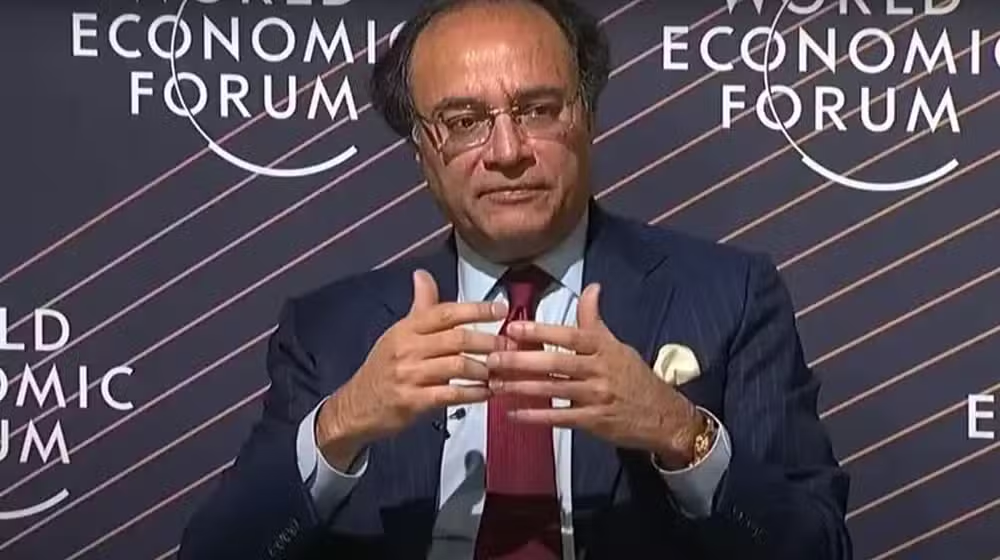Muhammad Aurangzeb, the Federal Minister of Finance and Revenue, was present at the G-24 Ministers and Governors Meeting in Washington, DC.
In order to address the urgent problems of population increase, child stunting, and climate change that developing nations—particularly Pakistan—face, the Minister called on all development partners to collaborate together.
The finance minister stressed the importance of addressing issues such as the heavy debt loads on developing nations, the need for climate action, and increased representation of developing nations in the Bretton Woods institutions in his statement announcing his appointment as the Second Vice Chair of the G-24 Bureau for the fiscal year 2024–2025.
The finance minister met with a CitiBank team headed by Public Sector Vice Chair Jay Collins. He described the long-term Road-to-Market plan and gave the bank staff an update on the reforms being implemented in the areas of taxation, energy, SEOs, pensions, and government right-sizing. In due time, he said, the administration would investigate the possibility of accessing global capital markets.
Makhtar Diop, Managing Director of the International Finance Corporation (IFC), met with the finance minister. Discussions were held regarding the privatization of DISCOs, HBFC, Diversified Payment Rights (DPR), raising local currency through the issuing of offshore bonds, and the accelerated evaluation of bids for Islamabad Airport.
In addition to thanking IFC for its financial and advising assistance of Pakistan, he asked the Managing Director to implement creative financing models and encourage private investments in digital infrastructure, water, transportation, agribusiness, and healthcare in Pakistan.
He listed the government’s top priorities for updating the transmission and distribution systems for energy, which may use more technical help and support from the IFC.
He also expressed gratitude for IFC’s ongoing support of Pakistan, particularly with regard to the privatization of PIA, which the government anticipated to complete by the year’s end. Ultimately, he wanted to invite Diop to come to Pakistan.
The V20 Ministerial Dialogue’s theme was “Realizing Climate Prosperity through Financial Reform, Debt Solutions, and Affordable Capital,” and the finance minister took part in it. He mentioned in his intervention that Pakistan was working on its Climate Prosperity Plan.
In order to “make debt work for the climate,” he underlined the necessity of reforming global finance and urged Multilateral Development Banks (MDBs) to increase grant opportunities and concessional lending windows. Additionally, he supported the International Monetary Fund’s (IMF) formal recognition of the V20 as an intergovernmental organization.
Neiman appreciated the Government of Pakistan’s commitment to wide-ranging structural reforms resulting in the reduction of fiscal and current account deficits and reduced inflation. The two sides discussed ways to strengthen cooperation between the financial sectors of Pakistan and the United States.
Other engagements of the finance minister included media interviews with Bloomberg and interaction with representatives of the Bank-Fund Staff Association of Pakistanis.









